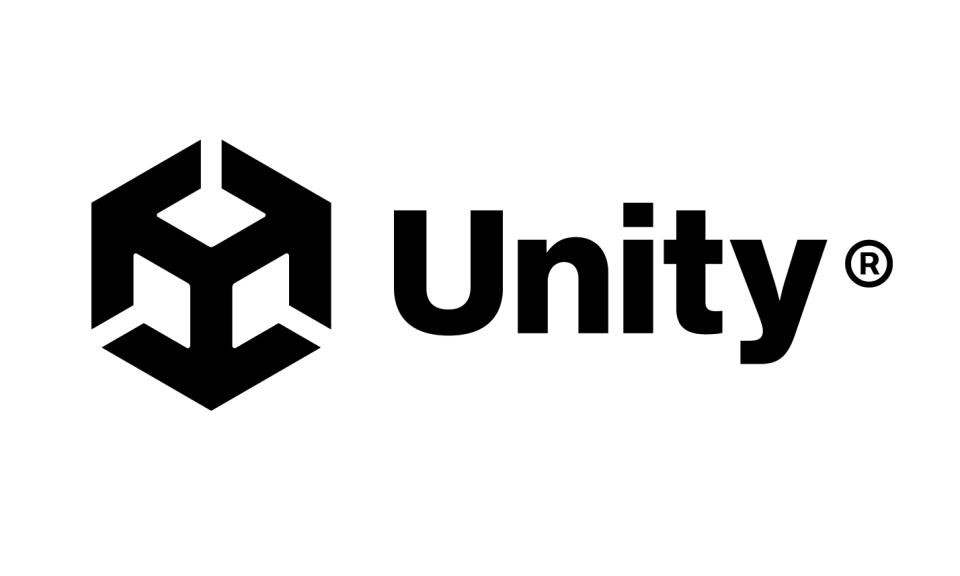Unity apologizes and promises to change its controversial game install fee policy
Unity will start charging developers each time their game is installed
‘This is such an abysmally catastrophic decision.’

Unity announced a new fee structure today, and developers are none too happy. “We are introducing a Unity Runtime Fee that is based upon each time a qualifying game is downloaded by an end user,” the company wrote in a blog post announcing the change. “We chose this because each time a game is downloaded, the Unity Runtime is also installed.” The new per-install fees are set to kick in on January 1, 2024.
The company says developers will be charged for installations after passing both a minimum revenue threshold from the last 12 months and a minimum lifetime install count. The exact fees will vary depending on which plan they use. Unity Personal and Unity Plus subscribers will pay $0.20 per install after reaching $200,000 in revenue from the past 12 months and 200,000 lifetime installs. Meanwhile, after hitting $1 million in revenue in the last 12 months and one million lifetime installs, Unity Pro members’ fees start at $0.15 per install, while Unity Enterprise fees start at $0.125 per install.
Members using Unity Pro and Enterprise plans have a tiered fee structure that decreases their rates after reaching thresholds of 100,000, 500,000 and one million installs. The company claims making developers hit both marks before requiring them to pay the fee will ensure that only those who reach “significant success” will be charged.

The gaming developer community reacted to the announcement about as positively as you’d expect. “If you buy our Unity game, please don’t install it,” Newfangled Games designer Henry Hoffman quipped on X (formerly Twitter). “This is such an abysmally catastrophic decision that it really will either (likely) be u-turned, or the engine is completely done for on all scales of the indie industry,” posted gaming industry worker Ryan T. Brown on X.
Axios gaming reporter Stephen Totilo wrote on X that Unity clarified several points that, if anything, make the change sound like even more of a hassle for developers. He wrote that if a player deletes and reinstalls a game, that counts for two installs and two charges. Ditto for players installing a single game on two devices. However, charity games and bundles are supposedly exempt.
There is no way Unity talked to a single developer before launching this: developing in Unity is now straight-up a financial risk for:
– subscription services
– charity bundles
– piracy
– being f2p/going f2p
– malicious installs
– giveaways— Rami Ismail (????) (@tha_rami) September 12, 2023
The Falconeer developer Tomas Sala posted about how the pricing changes wedge him between a rock and a hard place. “I already committed to [Unity’s] engine for my new game,” Sala wrote. “Put years and years of work into my pipeline. I did so under a simple per-seat license I am happy to pay. Now while I am close to release they spring something new on me. Not a price increase [but] a fundamental change in how we do business together. I have no options, cannot go back, can only bend and [pay up]. It’s [a] form of blackmail. It’s not dependable. How will they change it two years from now, a decade? It is gross and makes me want to go somewhere else with my business.”
Finally, the company announced that it’s discontinuing Unity Plus subscriptions starting today to “simplify the number of plans we offer.” It says existing members on that tier will receive “an offer to upgrade to Unity Pro, for one year, at the current Unity Plus price” via email in mid-October.
(25)


